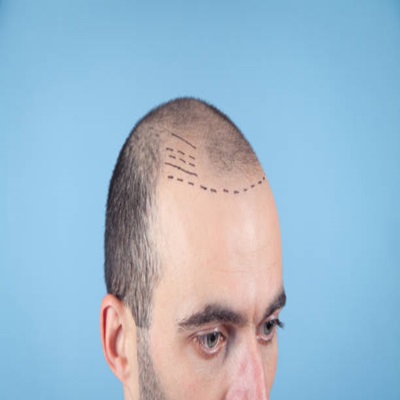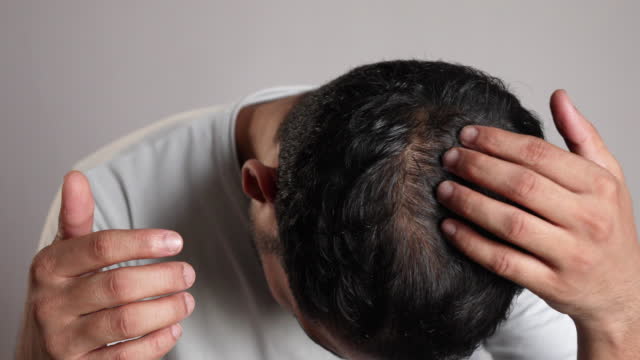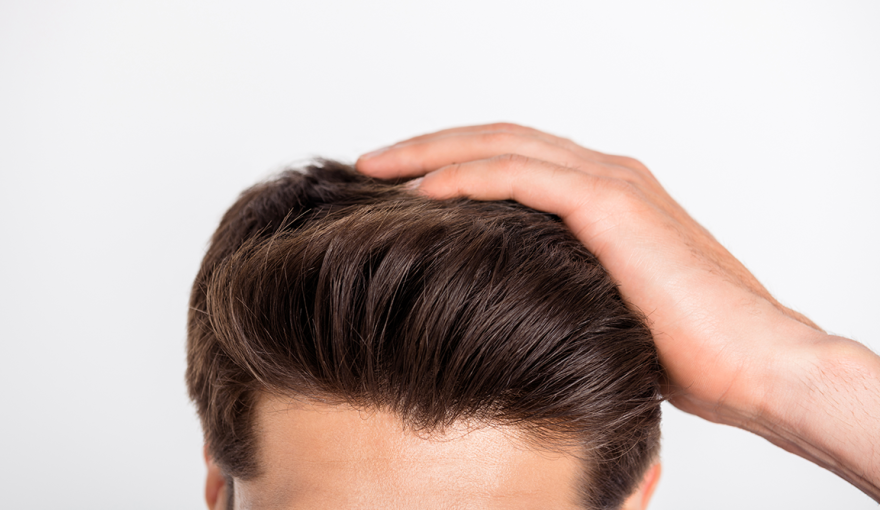Prepping for Your Hair Transplant: A Step-by-Step Guide

A hair transplant is a major investment in both your appearance and confidence, making preparation crucial for a smooth and successful outcome. Whether you’re opting for Follicular Unit Extraction (FUE) or Follicular Unit Transplantation (FUT), understanding the pre-surgery guidelines will ensure you’re ready for the procedure and improve the quality of your results. This step-by-step guide will walk you through everything you need to know when preparing for a hair transplant.
Consultation: The First Step:
The preparation for a Hair Transplant in Dubai begins with a consultation with a certified surgeon. This is your opportunity to discuss your hair loss concerns, desired outcomes, and medical history.
Choosing the Right Surgeon:
Selecting a reputable and experienced surgeon is critical. Look for someone skilled in the specific transplant technique you’re interested in and has a portfolio of before-and-after photos showcasing successful cases.
Understanding the Procedure:
During the consultation, your surgeon will evaluate your scalp, hair density, and donor areas. Based on this assessment, they will recommend the best technique for you. Ask any questions you might have, including recovery times, potential side effects, and post-surgery care.
Medical Evaluation and Pre-Op Tests:
Before the surgery, you’ll need a thorough medical evaluation to ensure you’re a suitable candidate. Your surgeon may request blood tests to check for conditions like diabetes or immune disorders that could affect the procedure or recovery.
Medications and Health Conditions:
Make sure to inform your surgeon about any medications, supplements, or underlying health conditions you have. Certain medications, like blood thinners, may need to be discontinued before surgery.
Adjusting Medication and Diet:
In the weeks leading up to your hair transplant, you may be advised to stop taking anti-inflammatory drugs, aspirin, or other blood-thinning medications to reduce the risk of excessive bleeding. Avoid vitamin E, omega-3 supplements, and other similar products that can also increase bleeding risk.
Pre-Surgery Hair and Scalp Care:
Taking care of your hair and scalp before the transplant can improve the success of the procedure. Here are some practical tips to follow.
Stop Smoking and Drinking Alcohol:
Smoking and alcohol consumption can negatively affect blood flow, leading to poor healing. Most surgeons recommend quitting smoking and avoiding alcohol for at least two weeks before the surgery to ensure optimal blood circulation to the scalp.
Avoid Hair Treatments:
In the weeks before your surgery, avoid chemical treatments such as dyeing, perming, or straightening your hair. These can weaken the hair follicles and irritate the scalp, which may interfere with the surgery and healing process.
Regular Scalp Massages:
Consider giving yourself a gentle scalp massage for five to ten minutes daily in the weeks leading up to the surgery. Massaging the scalp improves blood flow to the hair follicles, promoting a healthy environment for hair regrowth.
Shampooing and Washing Before Surgery:
Your surgeon will likely give you specific instructions about how to prepare your scalp on the day of surgery.
Wash Your Hair Properly:
On the morning of your procedure, wash your hair thoroughly with a mild, sulfate-free shampoo. Avoid applying any styling products, conditioners, or serums, as the scalp needs to be free of any residue.
Clothing and Accessories:
Wear comfortable, loose-fitting clothing on the day of the surgery. Opt for a button-up shirt or a top with a wide neckline so you can remove it easily without disturbing the scalp post-surgery. Avoid wearing hats, caps, or headbands on the day of your transplant.
Mental and Emotional Preparation:
Preparing for a hair transplant isn’t just about physical readiness. Ensuring you’re mentally and emotionally prepared is equally important.
Manage Your Expectations:
While hair transplants offer incredible results, they are not an overnight solution. It can take several months for the transplanted hair to grow and up to a year to see full results. Understand that patience is key to a successful outcome.
Stay Calm and Relaxed:
It’s normal to feel anxious before surgery, but maintaining a calm mindset can benefit the process. Engage in relaxing activities like meditation, light exercise, or listening to music to ease your nerves.
Arrange Transportation and Post-Surgery Care:
After your hair transplant surgery, you’ll likely be groggy or tired from the anesthesia or sedatives. Therefore, it’s important to plan how you’ll get home safely.
Organize Transportation:
Arrange for a friend, family member, or professional service to drive you home after the procedure. You won’t be able to drive yourself due to the sedatives used during the surgery.
Prepare Your Recovery Space:
Before the day of your procedure, set up a comfortable recovery space at home. Have soft pillows available, as you’ll need to keep your head elevated while resting to reduce swelling. Stock up on any prescribed medications, as well as gentle shampoos and lotions recommended by your surgeon.
Conclusion:
Preparing for a hair transplant involves more than just showing up on the day of surgery. It requires thoughtful preparation in terms of both physical and mental well-being. By following these steps and adhering to your surgeon’s instructions, you’ll set yourself up for a successful transplant and ensure that your journey to fuller hair goes as smoothly as possible.




